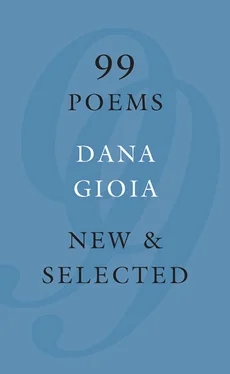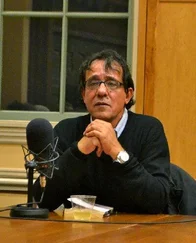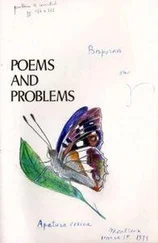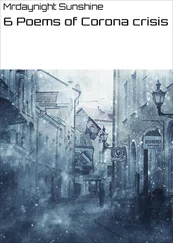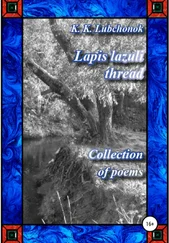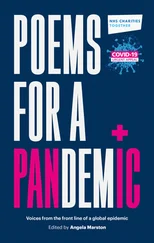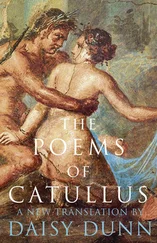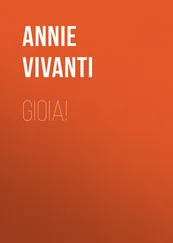So much of what we live goes on inside—
The diaries of grief, the tongue-tied aches
Of unacknowledged love are no less real
For having passed unsaid. What we conceal
Is always more than what we dare confide.
Think of the letters that we write our dead.
FINDING A BOX OF FAMILY LETTERS
The dead say little in their letters
they haven’t said before.
We find no secrets, and yet
how different every sentence sounds
heard across the years.
My father breaks my heart
simply by being so young and handsome.
He’s half my age, with jet-black hair.
Look at him in his navy uniform
grinning beside his dive-bomber.
Come back, Dad! I want to shout.
He says he misses all of us
(though I haven’t yet been born).
He writes from places I never knew he saw,
and everyone he mentions now is dead.
There is a large, long photograph
curled like a diploma — a banquet sixty years ago.
My parents sit uncomfortably
among tables of dark-suited strangers.
The mildewed paper reeks of regret.
I wonder what song the band was playing,
just out of frame, as the photographer
arranged your smiles. A waltz? A foxtrot?
Get out there on the floor and dance!
You don’t have forever.
What does it cost to send a postcard
to the underworld? I’ll buy
a penny stamp from World War II
and mail it downtown at the old post office
just as the courthouse clock strikes twelve.
Surely the ghost of some postal worker
still makes his nightly rounds, his routine
too tedious for him to notice when it ended.
He works so slowly he moves back in time
carrying our dead letters to their lost addresses.
It’s silly to get sentimental.
The dead have moved on. So should we.
But isn’t it equally simple-minded to miss
the special expertise of the departed
in clarifying our long-term plans?
They never let us forget that the line
between them and us is only temporary.
Get out there and dance! the letters shout
adding, Love always. Can’t wait to get home!
And soon we will be. See you there.
I.
So this is where the children come to die,
hidden on the hospital’s highest floor.
They wear their bandages like uniforms
and pull their IV rigs along the hall
with slow and careful steps. Or bald and pale,
they lie in bright pajamas on their beds,
watching another world on a screen.
The mothers spend their nights inside the ward,
sleeping on chairs that fold out into beds,
too small to lie in comfort. Soon they slip
beside their children, as if they might mesh
those small bruised bodies back into their flesh.
Instinctively they feel that love so strong
protects a child. Each morning proves them wrong.
No one chooses to be here. We play the parts
that we are given — horrible as they are.
We try to play them well, whatever that means.
We need to talk, though talking breaks our hearts.
The doctors come and go like oracles,
their manner cool, omniscient, and oblique.
There is a word that no one ever speaks.
II.
I put this poem aside twelve years ago
because I could not bear remembering
the faces it evoked, and every line
seemed — still seems — so inadequate and grim.
What right had I whose son had walked away
to speak for those who died? And I’ll admit
I wanted to forget. I’d lost one child
and couldn’t bear to watch another die.
Not just the silent boy who shared our room,
but even the bird-thin figures dimly glimpsed
shuffling deliberately, disjointedly
like ancient soldiers after a parade.
Whatever strength the task required I lacked.
No well-stitched words could suture shut these wounds.
And so I stopped…
But there are poems we do not choose to write.
III.
The children visit me, not just in dream,
appearing suddenly, silently—
insistent, unprovoked, unwelcome.
They’ve taken off their milky bandages
to show the raw, red lesions they still bear.
Risen they are healed but not made whole.
A few I recognize, untouched by years.
I cannot name them — their faces pale and gray
like ashes fallen from a distant fire.
What use am I to them, almost a stranger?
I cannot wake them from their satin beds.
Why do they seek me? They never speak.
And vagrant sorrow cannot bless the dead.
Now you’d be three,
I said to myself,
seeing a child born
the same summer as you.
Now you’d be six,
or seven, or ten.
I watched you grow
in foreign bodies.
Leaping into a pool, all laughter,
or frowning over a keyboard,
but mostly just standing,
taller each time.
How splendid your most
mundane action seemed
in these joyful proxies.
I often held back tears.
Now you are twenty-one.
Finally, it makes sense
that you have moved away
into your own afterlife.
I saw you in a dream last night—
Quiet and pale, but still my handsome cousin.
Your hair was thick and glossy black.
Your breath was earthy whispering in my ear.
“I’m not dead,” you told me. “I’ve been away.
I’ve come to show you the house I’ve bought.”
We walked together through the empty rooms.
Each one was smaller than the room before.
“And this,” you smiled, “will be the nursery.”
I thought of your children, now full-grown,
Who know you from old photographs,
And of your widow, beautiful but gray.
I wanted to ask where you had gone,
But you spoke first, “It’s time to go next door.
Let’s see the house that will be yours.”
ELEGY FOR VLADIMIR DE PACHMANN
(Odessa, 1848–Rome, 1933)
“How absurd,” cried the pianist de Pachmann
to reporters from the Minneapolis Dispatch ,
“that my talents or the talents of a Liszt
were confined to so small a planet
as the earth. How much more could we have done
given the dimensions of a fixed star?”
He began a prelude quietly, then stopped.
“Once Chopin could play this well. Now only me.”
When he brought his socks into the concert hall
and dedicated that night’s music to them,
or relearned his repertoire at sixty-nine
using only the fourth and fifth fingers
of one hand, the critics thought his madness
was theatrical, but the less learned
members of his audience, to whom he talked
while playing, knew the truth.
Porters and impresarios told of coming on him,
alone in a hotel suite, his back
curved like a monkey’s, dancing and screeching
in front of a dressing mirror,
or giving concerts for the velvet furniture
in his room, knocking it together afterwards
for applause. “Dear friends,” he whispered to it,
“such love deserves an encore.”
Now relegated to three short paragraphs
in Grove’s Dictionary of Music
and one out-of-stock recording of Chopin,
he reappears only by schedule
in a few selections broadcast on his birthday,
Читать дальше
